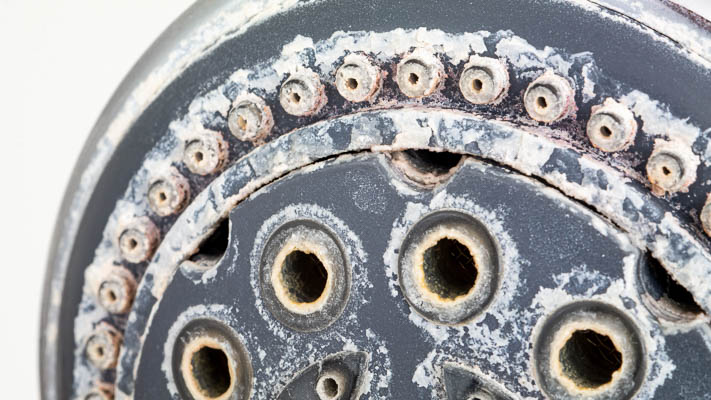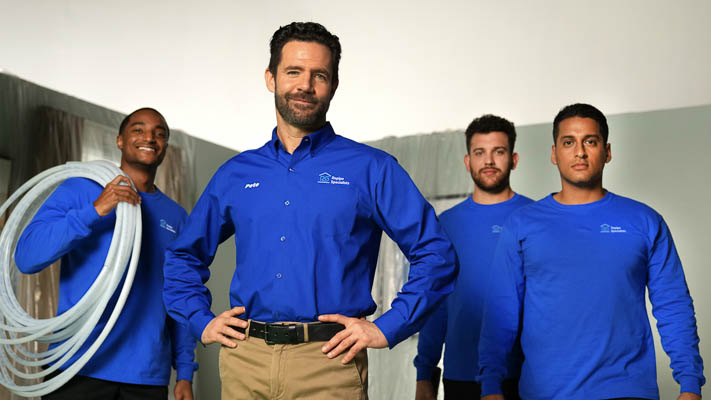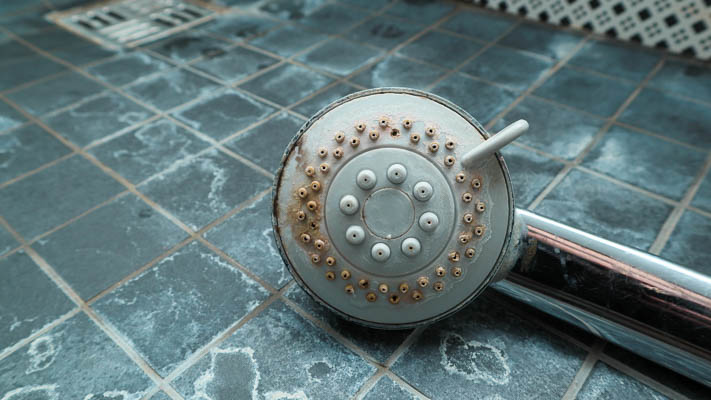What Are the Common Water Contaminants Found in Illinois?
Illinois faces various water quality challenges due to the presence of several common contaminants in its water sources.
Over 1.4 million residents across Illinois use private well water, while another million use municipal wells as their main source of water. This makes it crucial to test water supplies for contaminants. Some contaminants include:
- Nitrate: Nitrate contamination is a common issue, primarily stemming from agricultural activities and fertilizers. This can pose risks to human health if it leaks into the water supply, particularly for infants.
- Coliform Bacteria: Bacteria such as E. coli can compromise water safety in Illinois, especially for private well users. This is often linked to agricultural runoff or inadequate wastewater treatment
- Industrial Discharge: Industrial discharge can introduce pollutants like heavy metals (e.g. arsenic, iron, lead, etc.) and organic compounds, impacting both surface and groundwater. Pesticides from agricultural runoff further contribute to water quality issues, affecting ecosystems and entering the water supply.
These are just some of the common contaminants found in Illinois' water, underscoring the importance of comprehensive water quality management strategies and ongoing monitoring efforts in Illinois to safeguard public health and environmental integrity.
You can read more about the common Illinois water contaminants at the Illinois Environmental Protection Agency website.
Does a Home Filtration System Remove Illinois Water Contaminants?
Implementing a home filtration system in Illinois can be useful in preventing certain water contaminants from entering the water supply.
Most standard home filters are adept at reducing heavy metals and microbial contaminants, contributing to an overall improvement in water quality.
The specific contaminants that are removed depend on the type of filters used. They can target chlorine, sediment, heavy metals, volatile organic compounds (VOCs), and other pollutants. Some systems may also include a water softener component (Note: all water softeners are a form of filtration system; however, not all filtration systems include a water softener component).
For example, Chicago Water Pros provide Chicago specific water filtration systems, softeners, and reverse osmosis devices that are designed to help minimize the affect of man-made environmental conditions that can impact water quality.
It is crucial for Illinois residents to choose filtration systems that specifically target the main contaminants in their local water sources. Regular maintenance and adherence to manufacturer guidelines are essential to ensure the continued effectiveness of these systems.
Can a Home Filtration System Stop the Effects of Illinois' Hard Water?
While home filtration systems can significantly improve the quality of water in Illinois by addressing specific contaminants, they may not fully eliminate the effects of hard water and limescale buildup.
Illinois has some of the hardest water in the United States, with an average hardness of 200 ppm (parts per million). Any water that exceeds 120 ppm of calcium carbonate is a cause for concern.
Hard water is characterized by high concentrations of minerals like calcium and magnesium. Standard water filtration units typically focus on removing impurities such as sediments, chlorine, and heavy metals but may not specifically target mineral hardness.

In general, water softeners are more effective in addressing hard water issues compared to home filtration systems. Water softeners utilize ion exchange processes to replace calcium and magnesium ions with sodium (or sometimes potassium) ions.
Although some home filtration systems and water softeners can reduce the effects of Illinois' hard water, there is no way to effectively clean limescale inside pipes once it has accumulated; therefore, pipes must be replaced.
How Can I Stop Illinois' Hard Water Damaging my Plumbing?
Stopping the adverse effects of hard water on plumbing in Illinois often involves considering alternative piping materials, such as PEX (cross-linked polyethylene) tubing.
Hard water can lead to scale buildup and corrosion in traditional plumbing systems. For trusted materials such as copper piping, it can result in the development of pinhole leaks. Repiping with PEX offers a durable and corrosion-resistant solution, reducing the impact of mineral deposits on pipes and fixtures.

PEX is not prone to the same scaling issues as metal pipes, promoting better water flow and minimizing the risk of clogs. We have an article that breaks down the many benefits of PEX tubing.
By combining home filtration systems alongside repiping with materials like PEX, homeowners can effectively stop the damaging effects of Illinois' hard water and water contaminants, ensuring a more reliable and long-lasting plumbing system for many years to come.
If you want a comprehensive breakdown of what repiping involves, read our article on the Frequently Asked Questions About Repiping
Get your free estimate today
With over 75,000 repipes completed, we've perfected our One-Stop Repipe™ for your home.
Get a Quote to Replace Your Plumbing With PEX
Here at Repipe Specialists, we've fully replaced plumbing in thousands of homes across the USA with modern Uponor PEX tubing. We continually get positive customer feedback from customers about their whole home repipe experiences. We often exceed their expectations on:
- Speed: Our repipe crews typically complete a repipe in a day, returning on another day for wall patching.
- Convenience: Through our One-Stop Repipe™ Process, we handle everything from permits, to wall patching, to inspections.
- Cleanliness: Our crews are trained to protect your home while working (we cover all surfaces with protective sheeting), and to clean up fully at the end of each day.
- Peace of Mind: Repipe Specialists is a fully licensed plumber in every state we operate in, and we back all of our repipes with a lifetime warranty.
- Financing programs: To help take the sting out of unplanned repipe expenses, we offer several financing programs.
- Price: As a specialist that performs hundreds of repipes a week, we can deliver high-quality repipes at a lower cost vs generalist plumbers. We have an article that covers repipe cost factors in detail. Our quotes typically range from $4,500 to $15,000 depending on the size and complexity of your project.
Schedule a free in-home consult, and one of our local repipe consultants will explain all your repipe options and provide you with a written, fixed-price quote.

